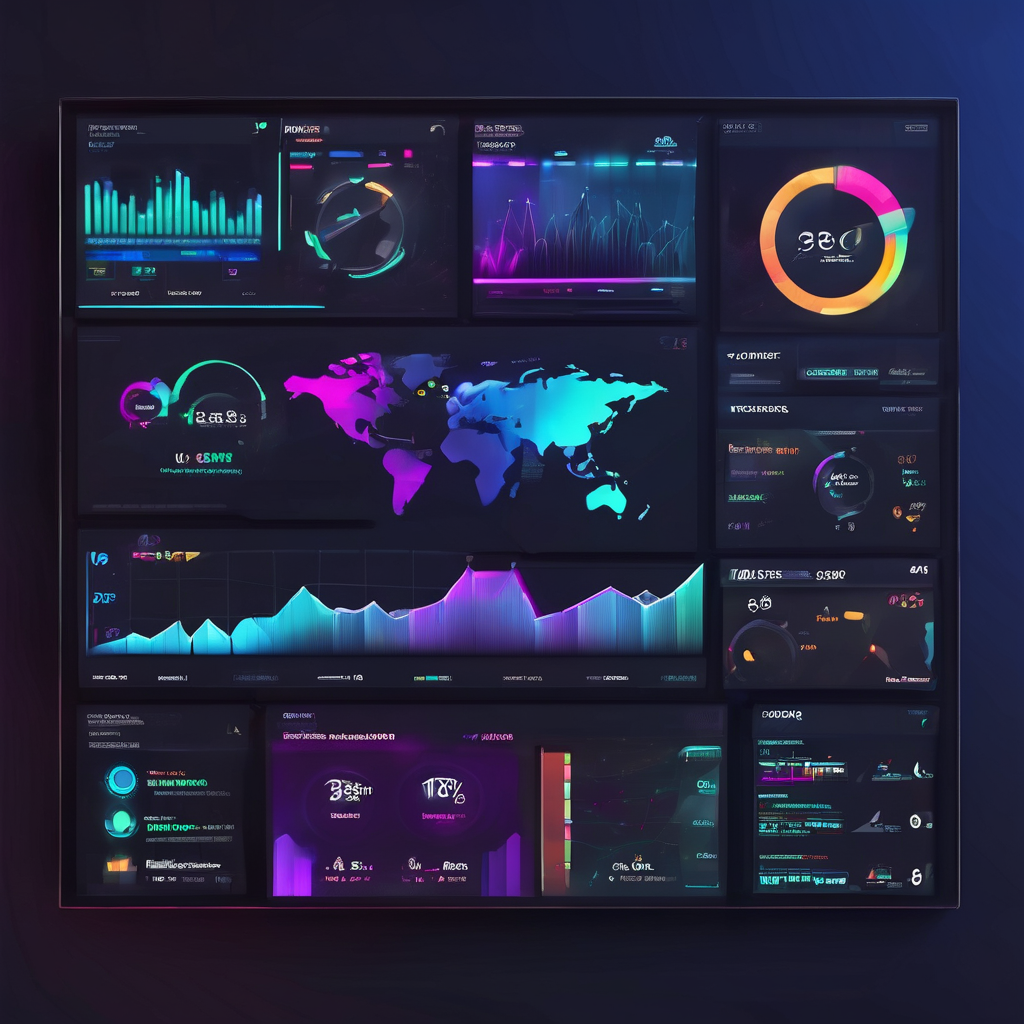
**Zoe Berg, Senior Photographer** This fall, Yale Law School has initiated interdisciplinary studies to explore the impact of artificial intelligence (AI) on the legal profession. As AI becomes more integral to law, concerns about its potential to generate misinformation emerge, while also offering opportunities to enhance access to legal services for underserved communities. “YLS’s strategy involves examining AI alongside other fields, utilizing its traditional strengths to navigate AI's future in law and beyond, ” stated Jerry Ma LAW ’25. Beyond classroom learning, the Law School encourages practical engagement with AI. Scott Shapiro, a professor of law and philosophy, leads an AI lab through the Tsai Leadership Program, where students develop AI tools for legal applications, such as a defamation detector being coded by a student. Last spring, students collaborated on an AI model for media law, benefiting the DocProject, which provides pro-bono legal assistance to documentary filmmakers as part of the Media Freedom and Information Access clinic. Shapiro emphasized the rarity of actually building AI models despite the extensive discussions surrounding the topic. This fall, various courses on AI are being offered. Abdi Aidid, a visiting associate professor of law, teaches “Law’s Artificial Intelligence Future, ” while Shapiro will co-teach a course with Ruzica Piskac, a computer science professor, focusing on law and large language models—pairing law and computer science students for collaborative learning. “I love demystifying this technology for students, ” Shapiro commented, as he aims to empower them to become producers of technology instead of mere consumers. Femi Cadmus, director of the Lillian Goldman Law Library, has been teaching a course on “Technology in the Practice of Law” since fall 2022, highlighting the necessity for lawyers to be technologically competent.
Shapiro pointed out that AI has the potential to bridge the justice gap, especially for low-income neighborhoods, enabling legal clinics to serve more diverse clients. Law student Jeremy Rodrigues LAW ’26, emphasized the importance of equipping future lawyers with AI expertise to better serve their clients. Cadmus is also collaborating on a practical AI series that aims to provide students with insights into AI’s role in legal research, underscoring its integration into current legal practices. She warned that without an understanding of AI’s capabilities and limitations, students risk being unprepared for the evolving legal landscape. Cadmus noted the Law School's unique approach in committing resources to AI research and exploration. Rodrigues expressed concern that the School may focus too heavily on AI's future rather than its practical applications today, suggesting a need for more emphasis on current AI technologies. Shapiro expressed confidence that the Law School's interest in AI aligns with the faculty's intellectual pursuits and hopes this focus will continue over time, regardless of national trends. Looking ahead, Ma mentioned the challenges and evolving nature of AI studies, suggesting a blended approach that includes new faculty recruitment and fostering student interest in the field. The DocProject has been operational since 2018.
Yale Law School Explores Impact of AI on Legal Profession


C3.ai, a leading enterprise artificial intelligence software provider, has announced a major restructuring of its global sales and services organization to boost operational efficiency and better align resources with long-term growth goals.

Snack manufacturer Mondelez International is utilizing a newly developed generative artificial intelligence (AI) tool to drastically cut costs in marketing content creation, achieving a 30% to 50% reduction in production expenses, according to a senior company executive.

South Korea is poised to make a major advancement in artificial intelligence by planning to build the world’s largest AI data center, with a power capacity of 3,000 megawatts—about three times larger than the existing "Star Gate" data center.

In August 2025, OpenAI announced a major milestone: ChatGPT, its advanced conversational AI platform, had reached an impressive 700 million active weekly users.

Krafton, the well-known publisher behind popular games like PUBG and Hi-Fi Rush, is undertaking a bold strategic transformation by integrating artificial intelligence (AI) into almost every aspect of its operations.

The rise of AI-generated video content has sparked significant discussion in the digital media industry, bringing urgent ethical concerns to the forefront.

Artificial intelligence (AI) is becoming an essential tool for improving user experience and engagement through advanced search engine optimization (SEO) techniques.
Launch your AI-powered team to automate Marketing, Sales & Growth

and get clients on autopilot — from social media and search engines. No ads needed
Begin getting your first leads today